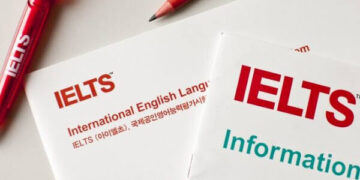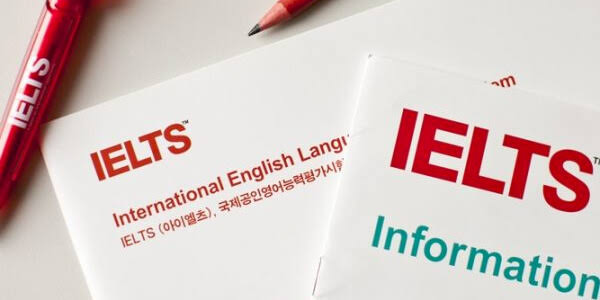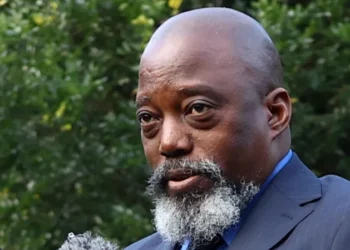By John Ikani
Policy Shapers, the youth-led policy advocacy group leading the #ReformIELTSPolicy campaign which seeks the inclusion of Nigeria and other Anglo-African countries in the UK Home Office’s Majority English Speaking Country (MESC) list, has published a policy brief in response to the UK Home Office’s statement on January 26 citing the lack of data to validate Nigeria’s exemption from English proficiency tests.
This was made known in a press release issued by the advocacy group on Monday as part of efforts geared towards informing and updating citizens on why Nigerians who speak English as an official language should be exempted from sitting for the exploitative test which cost about $210 and expires every two years.
Titled “Making a case for Nigeria’s inclusion in the Majority English Speaking Country (MESC) List”, the brief stated that “There is public evidence to support Nigeria’s demand for inclusion in the MESC list.
“Some of these include a top 30 global ranking and a top 3 Africa ranking on the annual Education First English Proficiency Index over the past five years; the United Nations projection that 62% of Nigeria’s population is under 25 years, a tech-savvy generation with 75% literacy in English; and a 62.5% pass rate in the West African Senior Secondary Certificate Examination (WASSCE) with nearly 5 million English credits recorded between 2016 and 2021.”
Policy Shapers also highlighted that although the response from the Home Office to its inquiry on the MESC list indices was ambiguous, the group believes current data proves beyond reasonable doubt that Nigeria should make the list in line with the UK’s simplification of immigration rules project.
The group curated and analyzed data from the United Nations, West African Examination Council, House of Commons, Statista, Migration Policy Institute, Education First, British Council, World Atlas, to mention a few in the 15-page long policy brief supporting their argument.
Highlighting inconsistencies with the Home Office’s MESC indices the group explained that “Public evidence, as a means to validate a country’s inclusion in the MESC, was used loosely in the Home Office’s explanation as they only highlighted official censuses and academic sources without much clarification on what form of data is processed from these academic sources.
“Do they include schools in the UK? Schools in the home country? The annual English proficiency index?” they inquired further. They went on to say “There’s a need for specificity as we believe the public evidence required per country should be standardised in line with the same metrics used to validate the 19 countries already on the MESC list.”
With over 72,000 signatures gathered so far on its petition to the Home Office within one month, Policy Shapers said it is confident that the policy brief and the overwhelming data therein takes Nigeria one step closer to the MESC list.
The group had earlier secured the endorsement of Prof Yemi Osinbajo, Vice President of Nigeria, and caught the attention of the BBC which has since put an international spotlight on the campaign.
Policy Shapers Founder, Ebenezar Wikina shared that, while awaiting action from the Home Office, they will continue to organize with young campaigners in Nigeria and by extension Ghana and Malawi, who also have similar movements against language discrimination gathering momentum.


































